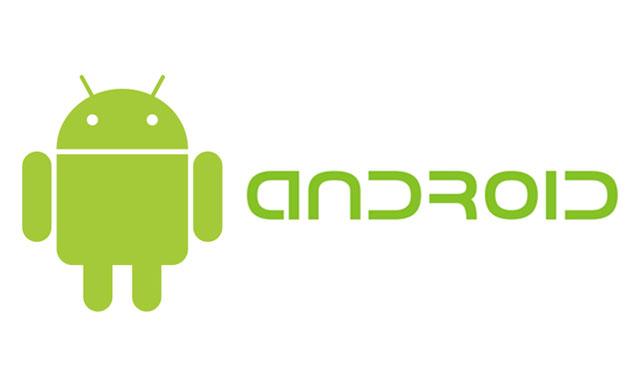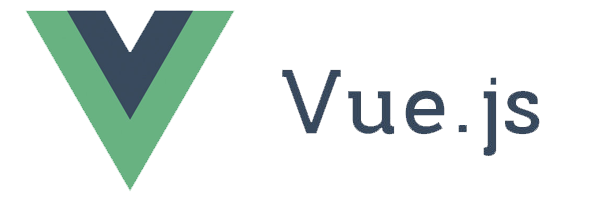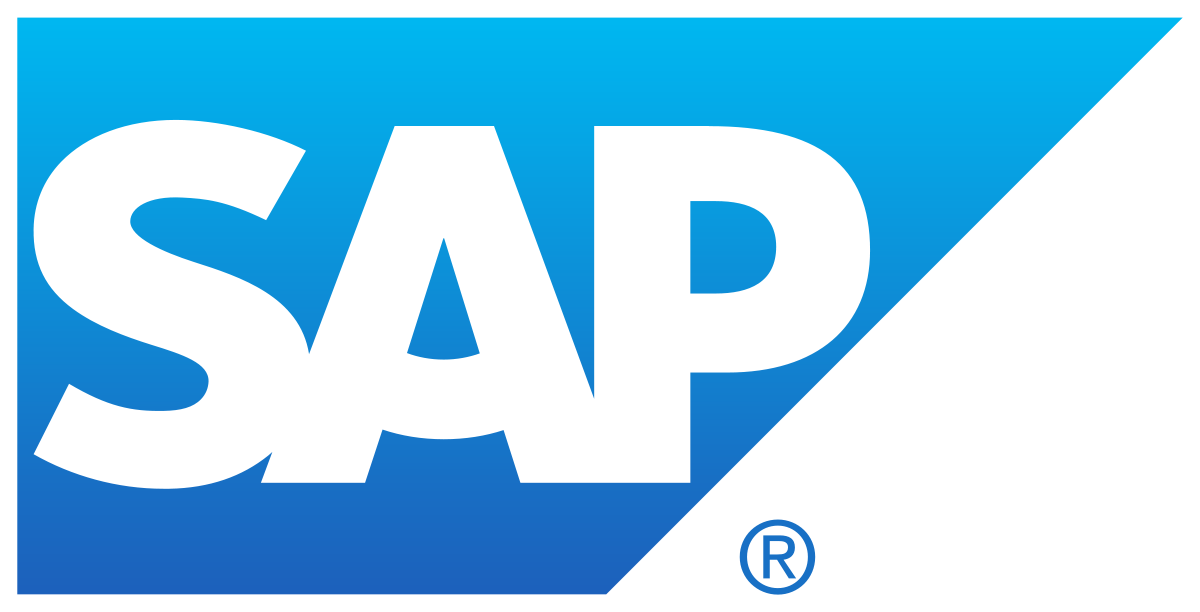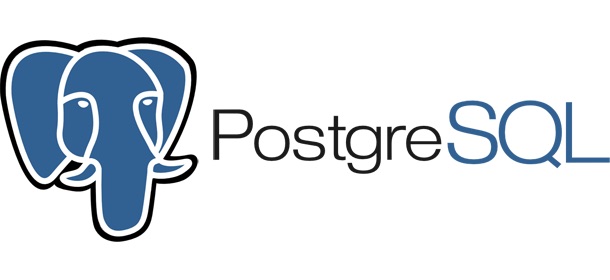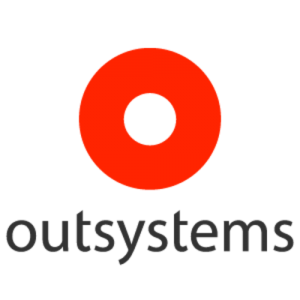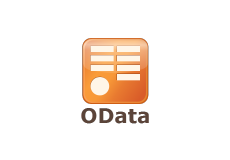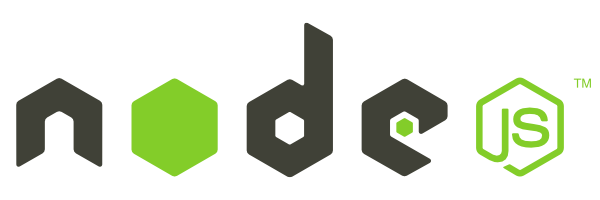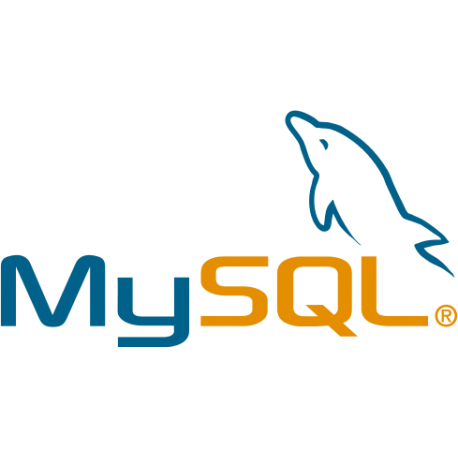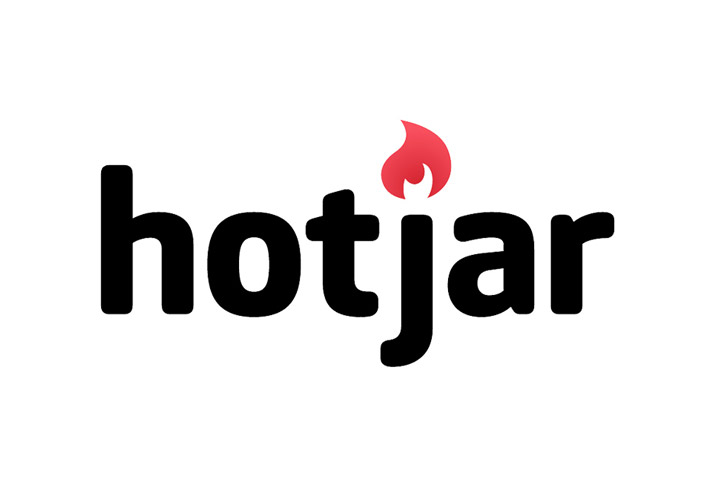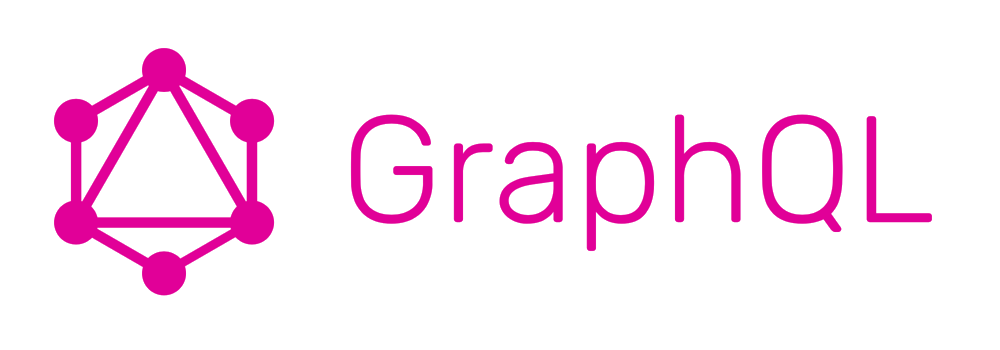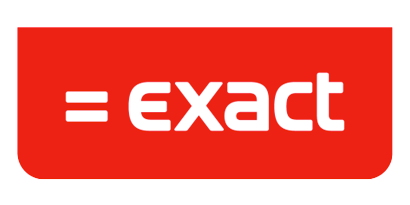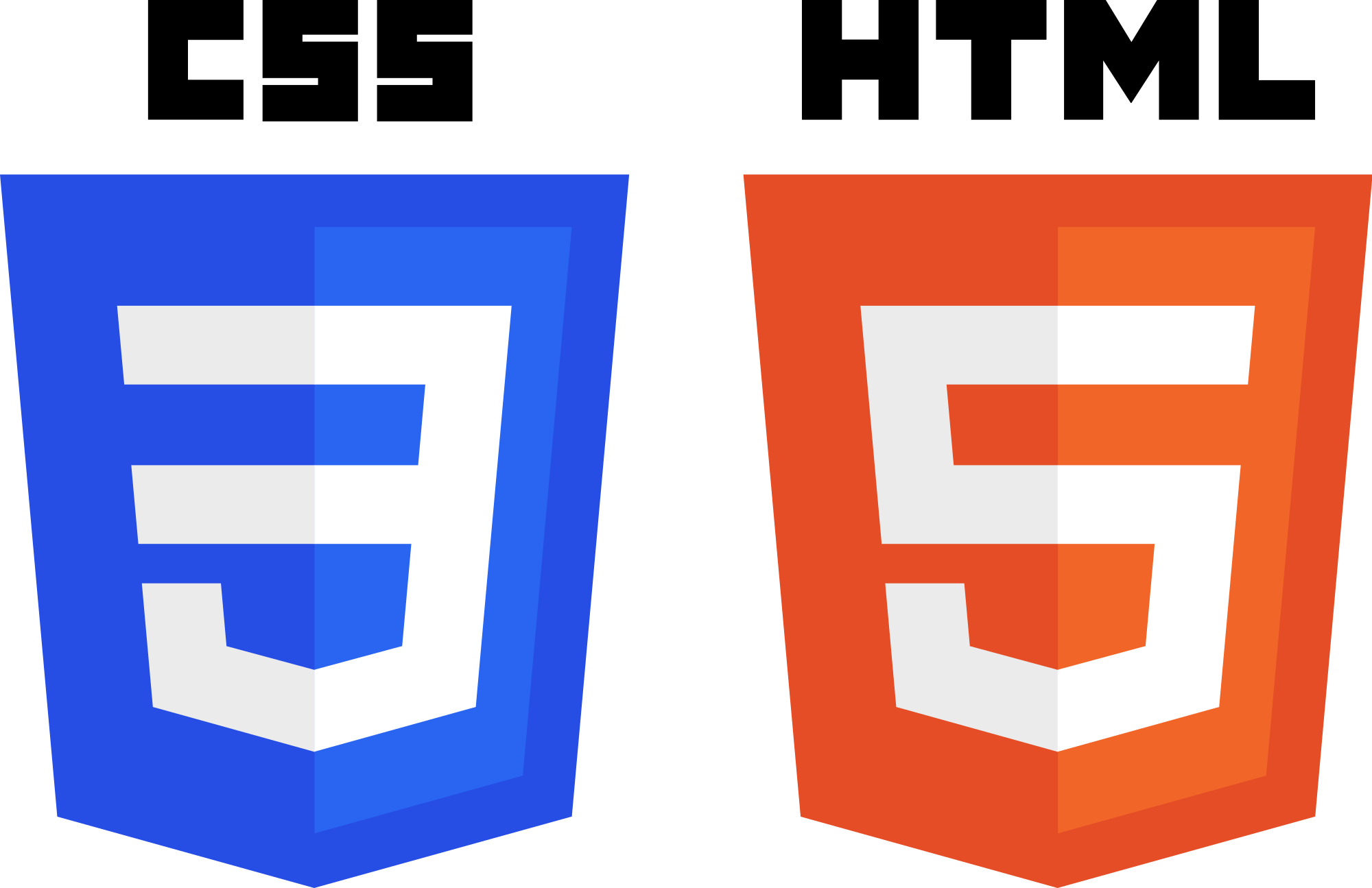CMS versus a component-based custom solution
"By means of a custom solution we are able to fulfil the client’s demands in a precise and fast manner"

CMS (content management system) is a system behind a website that allows user-friendly administration of the site. WordPress is the most famous example of a CMS and offers many possibilities, especially for content-oriented websites. However, when it comes to building a portal where company-specific solutions are required, a ‘one-size-fits-all-CMS’ is an obstacle to the development of specific functionalities. Furthermore a CMS entails security risks and maintenance costs. Therefore when building a portal we always recommend a custom solution.
Security and updates
CMS-systems like WordPress, Drupal, and Joomla! operate on a server as well as in the browser. The disadvantage of this is that it forms an easy target for hackers. The moment that a hacker breaks into a CMS, it automatically enables the hacking of all websites or computers that are running on the system. The consequences are significant; confidential data can be stolen or made public. Therefore it is important that you continuously update a CMS-website to the latest version. However, updating is often not a smooth process: a website can (temporary) become offline and customisations to the CMS which promote client services (e.g. finding secure client data) can be lost. In such cases everything needs to be restored or redeveloped from scratch. These problems are avoided when working with a custom solution, because you are working not behind a central login of a CMS, but with your own individual login.

Costs of CMS versus a custom solution
As long as a standard CMS-solution is sufficient for you, then a system like WordPress offers a cheap and accessible way to establish a content-oriented company website. But when company-specific applications become necessary, then the costs of adjusting a standard CMS can quickly run up. CMS-developers are scarce and expensive. Therefore if you choose from the very beginning to create a custom portal written in a general programming language like JavaScript, then this can save you a lot of time and money. Furthermore, a custom solution enables you to be independent from the supplier or developer of the CMS.
Flexible and cost-efficient custom solution with the help of toolset
Many companies are hesitant when it comes to custom solutions, because they once were in a situation where all functionalities needed to be created from zero. This required a lot of time and money. To avoid such scenarios we offer ready-made components, a so-called ‘toolset’, with which a portal is created. Examples of such components are: login, email, or message component. These functionalities only need to be customised at the back. Because in this way we have worked out the basis of the portal, a final result is achieved quickly which saves our client’s time and money.
Moreover, the components only operate in the browser, which reduces risks related to security. Where necessary we adjust the components, for example to accommodate the specific style of the company. For best result a client can consult a UX-specialist (someone that maps user experiences) to determine which components we already have and what can be customised to accommodate the client’s needs. Hence by means of a custom solution we are able to fulfil the client’s demands in a precise and fast manner, without being limited by a standard framework like that of a CMS.
Do you have a question about this topic?
Software development by Second Company
Techniques
Second Company specializes in developing, managing and hosting tailor-made software integration solutions. We are also specialized in applying the latest techniques and methods within software development.
More information